Time flies, but changes happen quietly in the world
Let’s go back to the year 2018 when Tesla was out of reach for most consumers, and the NIO ES8 had just hit the market. At that time, the public’s attitude towards new car brands was limited to controversy over whether they were just making Power Point presentations or whether they could survive as a real car company. Few people believed these new players could challenge the dominance of traditional automakers, and it was unimaginable that electric vehicles could replace their gasoline counterparts.
Back then, no internet company was seriously considering making cars. Even Baidu, which was undergoing an AI transformation, had only launched its autonomous driving open-source program called “Apollo,” which was designed to help existing car companies build autonomous driving and vehicle networking systems from the software side.
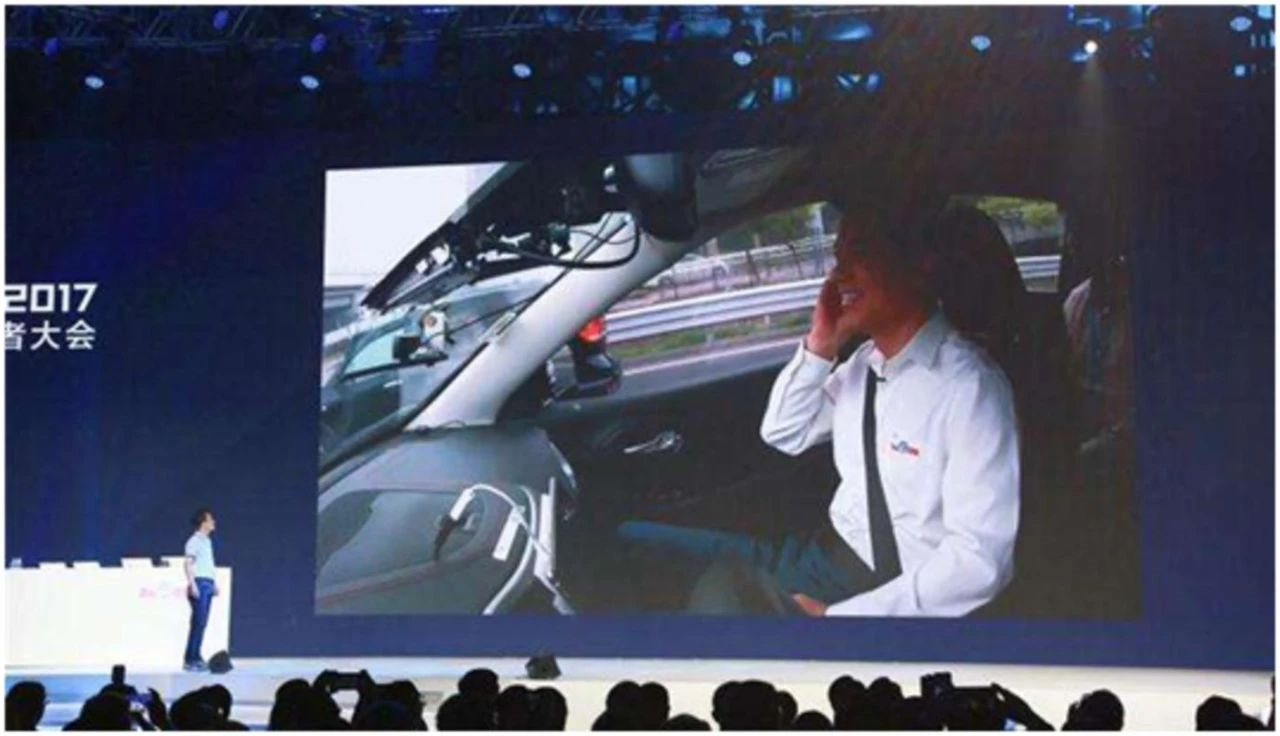
At that time, Korean car brands still had a 4.9% share in China’s passenger car market. Beijing Hyundai, a representative Korean car brand, had achieved sales of over one million units per year from 2002 to 2016 and had built five factories in China with a total annual production capacity of 1.65 million vehicles.
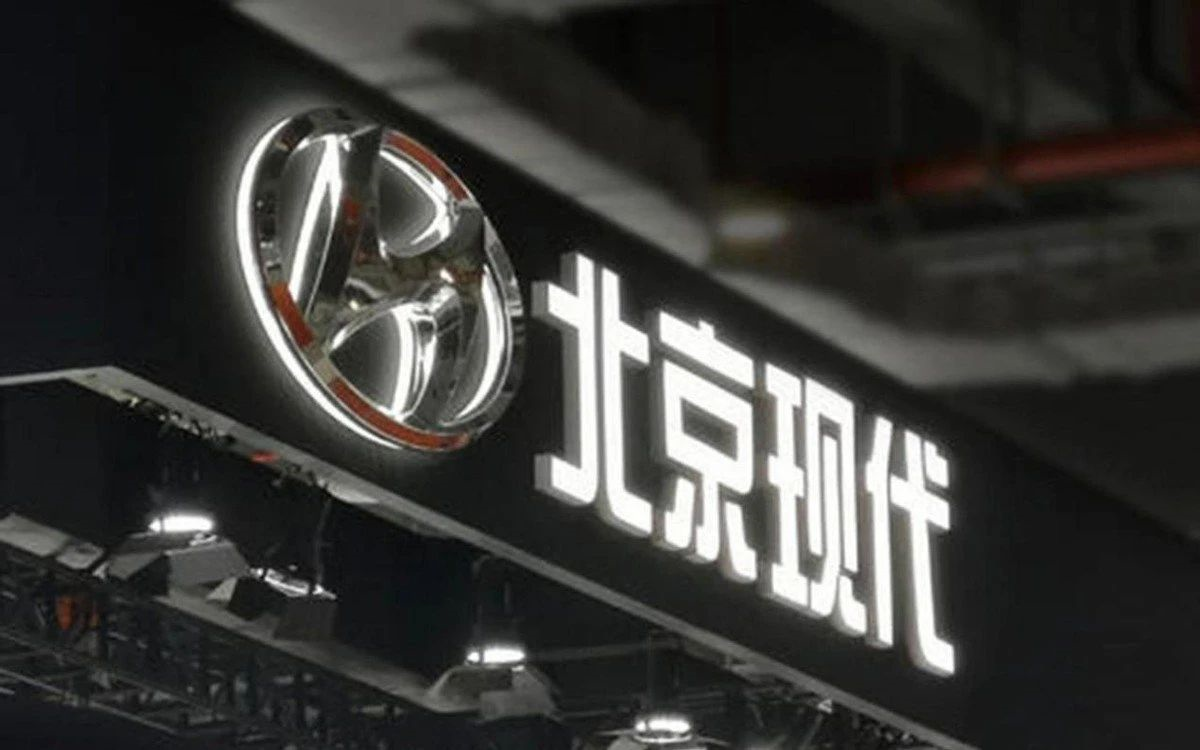
However, times have changed, and things are very different now. Tesla and NIO are seeing soaring sales, and both Baidu and Xiaomi have announced plans to build their own cars. The challenges faced by Korean car makers are more than just a temporary downturn, as we have seen in the past for Japanese cars. Autonomous driving and intelligent cabin systems have become the hottest topics in the auto industry, and whenever these topics are mentioned, they are always associated with new energy vehicles.
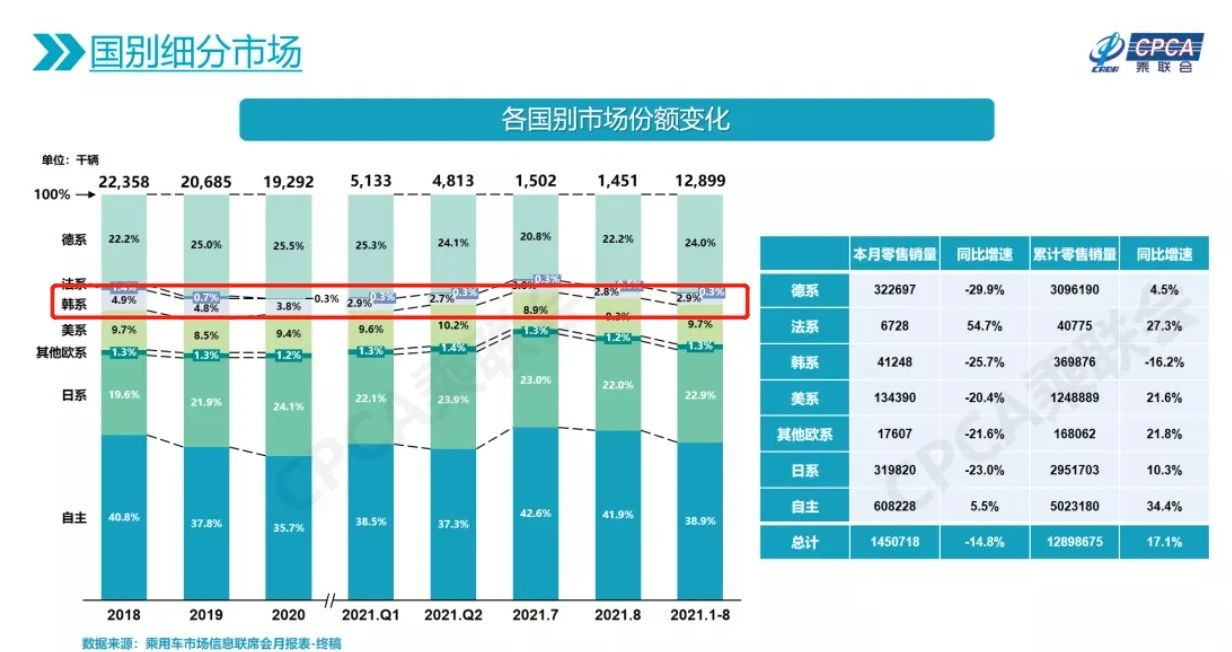
So, can traditional gasoline cars become smarter? Can the “internet + auto manufacturer” business model work? On September 16, Baidu and Beijing Hyundai jointly hosted the “Brilliant Future of Beijing Hyundai” event at Apollo Park in Beijing’s Yizhuang district, showcasing their collaborative achievements. From this event, we can glean some answers.
Gasoline cars are becoming smarter too.Friends who are interested in electric cars and familiar with intelligent driving are no strangers to Baidu Apollo. The AVP automatic parking of WM W6, the actual experience of Baidu ANP, and the supercharging station have been reported in detail. For those who live in Beijing, you can even “catch” an Apollo test car driving on the road near the Rongchang East Street Subway Station in Yizhuang when going out on weekends.
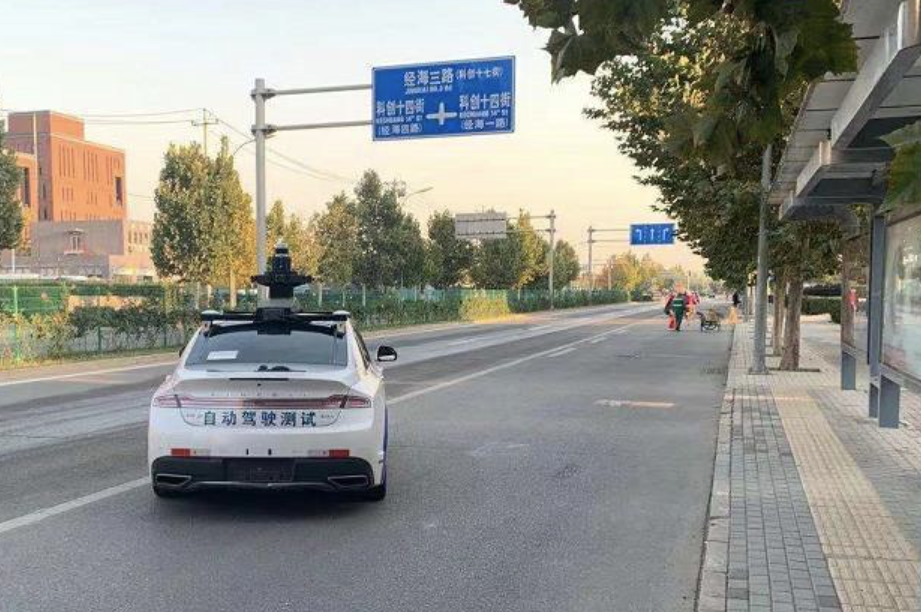
However, the focus of this event is not on the driving aspect, but on the third-generation intelligent network system jointly developed by Baidu and Beijing Hyundai.
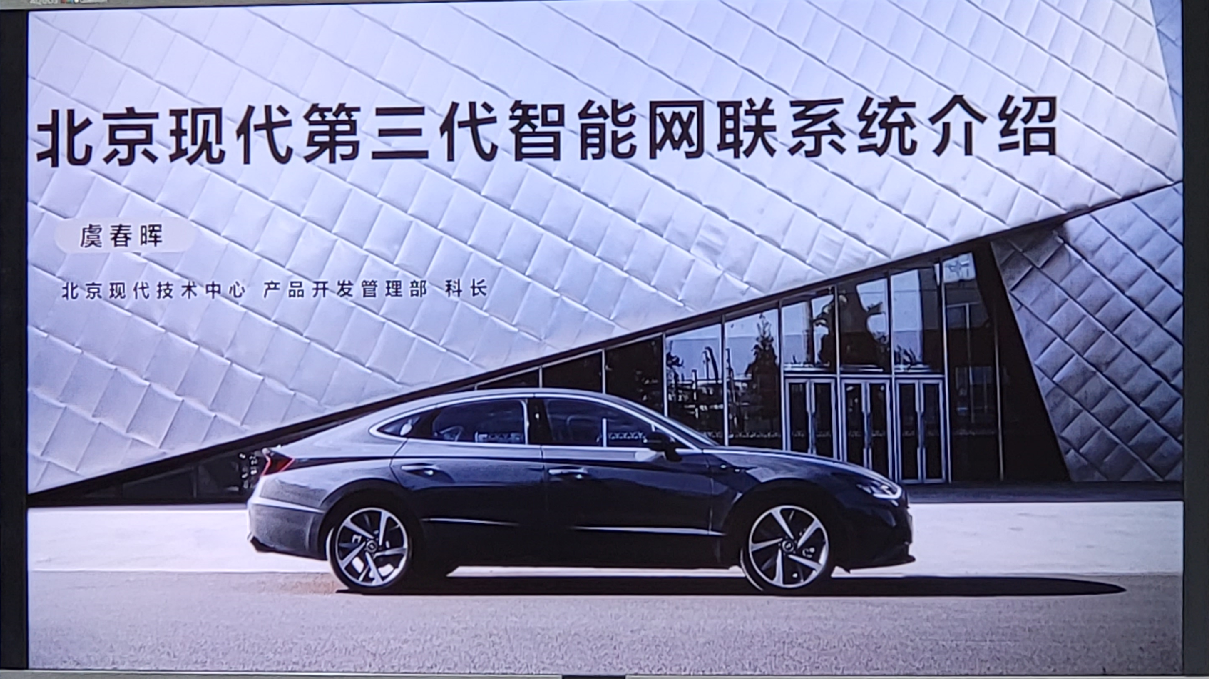
As early as 2014, Baidu Apollo and Beijing Hyundai established a cooperative relationship. In 2015, Baidu Carlife car intelligent system was officially installed in Beijing Hyundai Tucson.
Over the next few years, the cooperation between the two parties continued to deepen. In October last year, Baidu and Hyundai signed a memorandum of understanding on deepening intelligent vehicle network strategic cooperation, and during this year’s Shanghai Auto Show, the two parties signed a contract for cooperation on the Hyundai GEN1 China OEM platform and brand marketing. Today, all models of Beijing Hyundai sold in China have applied intelligent vehicle networking technology jointly developed by the two parties.
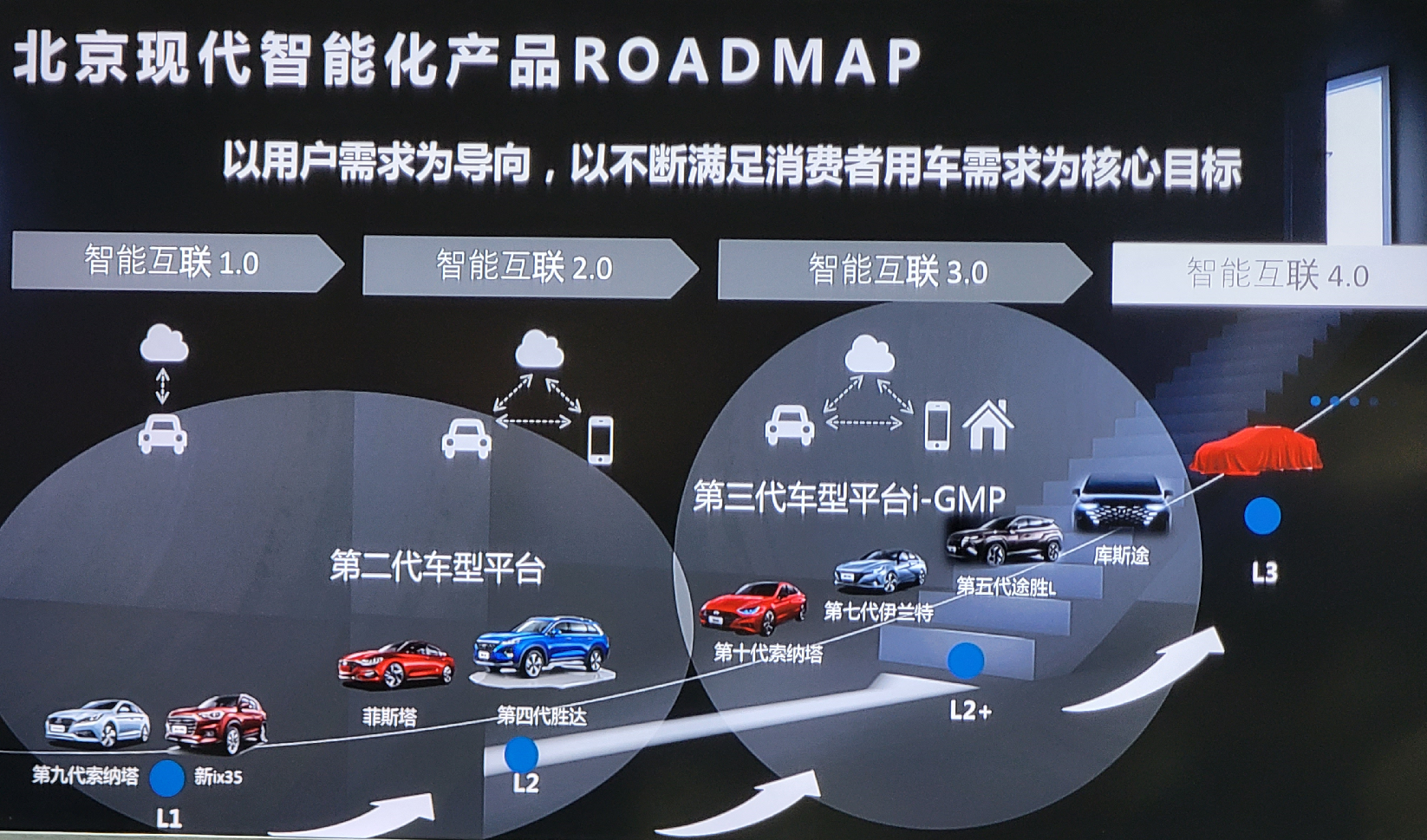
As the “crystallization” of the cooperation between the two parties, this set of in-vehicle intelligent networking system has also been updated to the third generation. The system integrates Duer OS intelligent voice interaction function, car-home control, BLE Bluetooth key sharing, and mobile phone remote car control, and is pre-installed with QQ Music, Baidu Maps, TINGBAN and other app applications, providing personalized intelligent audio and video entertainment experience for car owners.
If new forces such as Nio and XPeng promote these functions, it will only make people feel outdated. However, considering that Beijing Hyundai is a traditional automaker, and the exhibited cars are also fuel cars such as Fiesta, Sonata, and Tucson L, it is still quite rare to achieve this level.
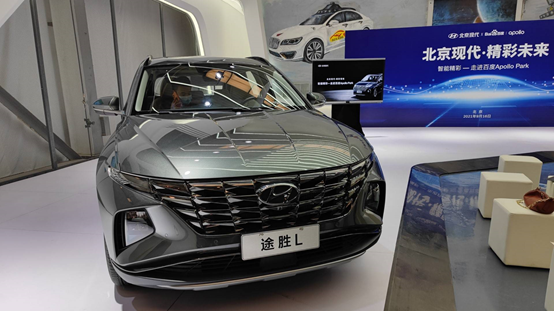
Because, behind this system, we can see more openness.“`
In practical in-car experience, as the seemingly simplest and most common voice assistant, passengers can now control vehicle hardware such as air conditioning, windows, 360 panoramic imaging, seat heating, and trunk through waking up “Xiaodu”. This means that intelligent voice has gained considerable vehicle control permissions – to put it more bluntly, as the host plant, Beijing Hyundai is willing and able to open these permissions to third-party technology companies like Baidu.
Moreover, like all the voice assistants promoted by the current new forces, the intelligent voice of Hyundai models also supports natural semantics. When you say “it’s raining” while sitting in the car, the system will close the sunroof and windows; and when you say “my feet are cold”, it will adjust the air conditioning temperature and switch to foot mode. Voice recognition and execution accuracy have reached a decent level.
Apart from the voice assistant, this system has also achieved what should be done in the intelligent networked field.
Users in the car can control smart home appliances such as home air conditioners and sweeping robots through the car machine; at home, you can also control the vehicle by voice through Xiaodu smart speaker, completing operations such as engine start-up and air conditioning switch. And functions such as location searching and BLE mobile phone Bluetooth keys, mobile phone WeChat location sharing, etc., are also integrated into this system.
These functions may seem commonplace in a quiet new energy electric vehicle, but in Beijing Hyundai’s fuel vehicle models, accompanied by the sound of the engine, it still feels a bit wonderful.
Of course, this system is not perfect. The UI design is slightly conservative, some natural voice recognition is not accurate enough (for example, saying “open the car window” can open the windows on both sides, but if you say “close the window on my side”, the instruction cannot be completed), there is no sound area in the rear row, and so on. Compared with the more excellent intelligent cabin systems currently available in the market, there is still a certain gap.
But as the saying goes, making fuel vehicles smarter is also a kind of progress. Moreover, both parties’ engineers have repeatedly emphasized that this intelligent network system will be continually upgraded through OTA to make up for its current shortcomings and release more functions.
More openness can bring higher intelligence.
During the Q&A session of the event, a media outlet asked the following question: “How is the efficiency of cooperation between the two sides? Generally, how long does it take for Baidu’s intelligent networked functions to be implemented in Beijing Hyundai’s models?”
“`The response from the Head of Baidu Apollo’s intelligent automobile business on site seems both reasonable and thought-provoking: “Actually, for Baidu, the development cycle of a new feature is approximately three to six months. However, the formal launch of the feature still needs to consider the time for communication and collaboration between the two parties, so it will be slightly longer than this time. After all, as an international vehicle company, Modern is a very “strict” enterprise.”
From this, we can vaguely sense the challenges behind Baidu Apollo’s strategy, that is, the development speed of intelligent technology itself may be very fast, but once the path of providing solutions to automakers is chosen, it will inevitably face more communication, coordination, and even bargaining time, in addition to the technology itself.
In fact, since its release in 2018, Baidu Apollo has gradually formed a set of intelligent automobile “Lego-style” solutions. This set of solutions is summarized as Intelligent Driving, Intelligent Map, Intelligent Cabin, and Intelligent Cloud, corresponding to four dimensions of automated assisted driving, vehicle map, intelligent cabin, and intelligent cloud services, respectively.
Intelligent Driving corresponds literally to autonomous driving technology.
Without relying on LiDAR, Baidu ANP’s assisted driving solution achieves L2.5 level autonomous driving by using 12 vision sensors, 5 millimeter wave radars, and 12 surround ultrasonic radars, combined with high-precision maps.
In addition, Baidu AVP’s autonomous parking technology has been mass-produced and installed on the WM W6, with cooperation with brands such as GAC and Great Wall in the field also underway.
Furthermore, Baidu’s L4-level autonomous driving test has been ongoing synchronously, and the test mileage has exceeded 10 million kilometers. According to official sources, Baidu Apollo’s intelligent driving area will cover 20 cities’ urban and highway areas in 2021, and complete coverage of 100 domestic cities before 2023.
Intelligent Map corresponds to the map of the vehicle.
According to relevant research institutions’ data, Baidu Apollo’s market share in on-board navigation maps, advanced auxiliary driving maps, and highly automated driving map fields has reached the industry’s first place.The Baidu CarLife map currently contains data on 8.5 million kilometers of roads, covering 96.3% of the search interest points across the country, with a total of over 60 million; it supports 3D blocks and bridges in 150+ cities, with real-time traffic accuracy rate reaching 99%.

As the name suggests, the Zhicang (smart cabin) corresponds to the intelligent cabin.
Apart from Beijing Hyundai, over 70 domestic and foreign automotive brand partners have collaborated with Baidu Apollo Zhicang.
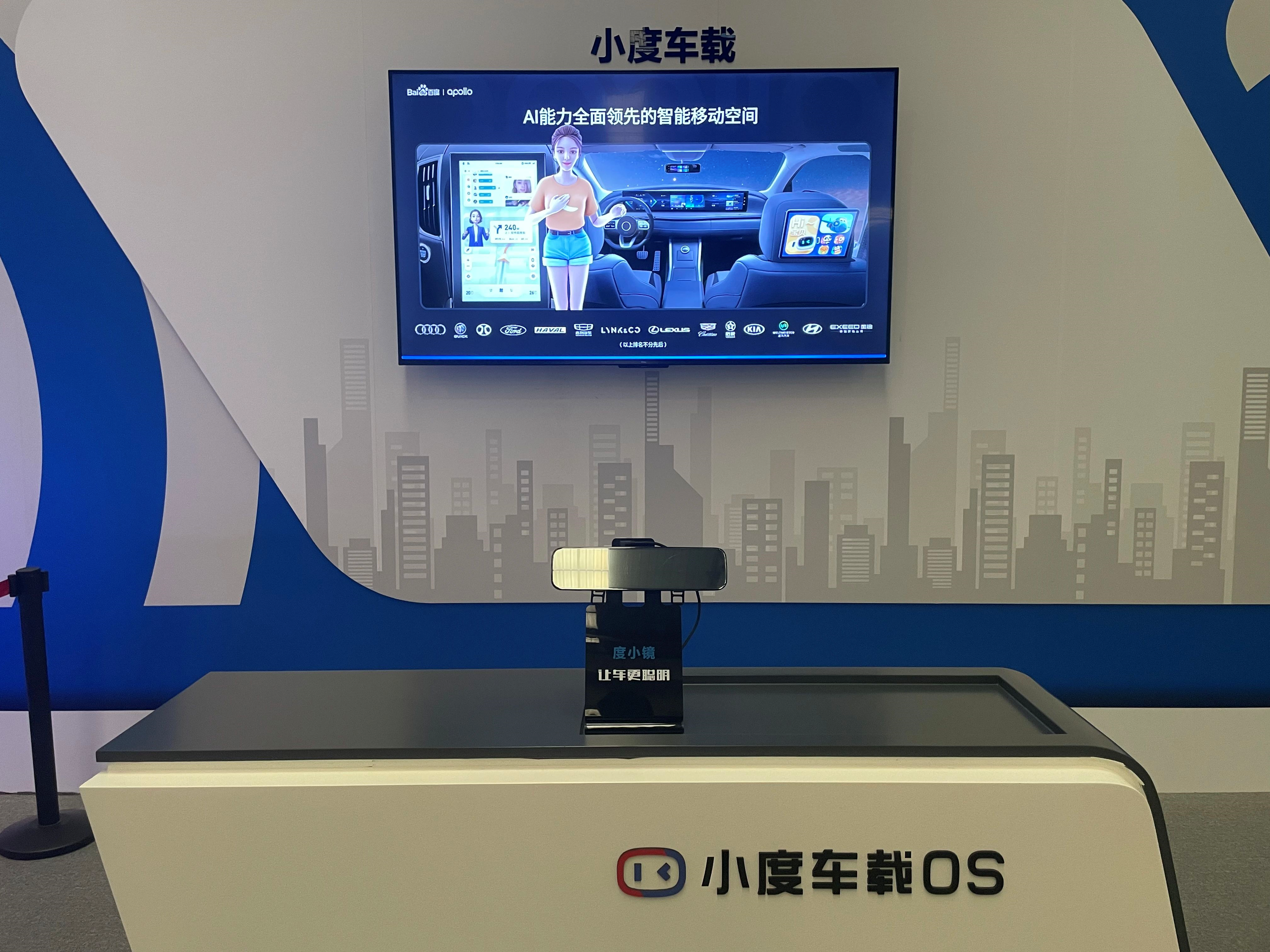
Baidu is also helping giants such as Toyota and GM to perfect their in-car intelligent networking systems, and related intelligent systems are providing services to over 10 million domestic users every day, covering over one billion kilometers of driving each year.

The Zhiyun (smart cloud), relatively more technological, refers to a series of complete intelligent car cloud solutions launched by Baidu Apollo, including three clouds: autonomous cloud, big data cloud, and car safety cloud. Through Zhiyun products, Apollo can support automakers in quickly building intelligent capabilities.
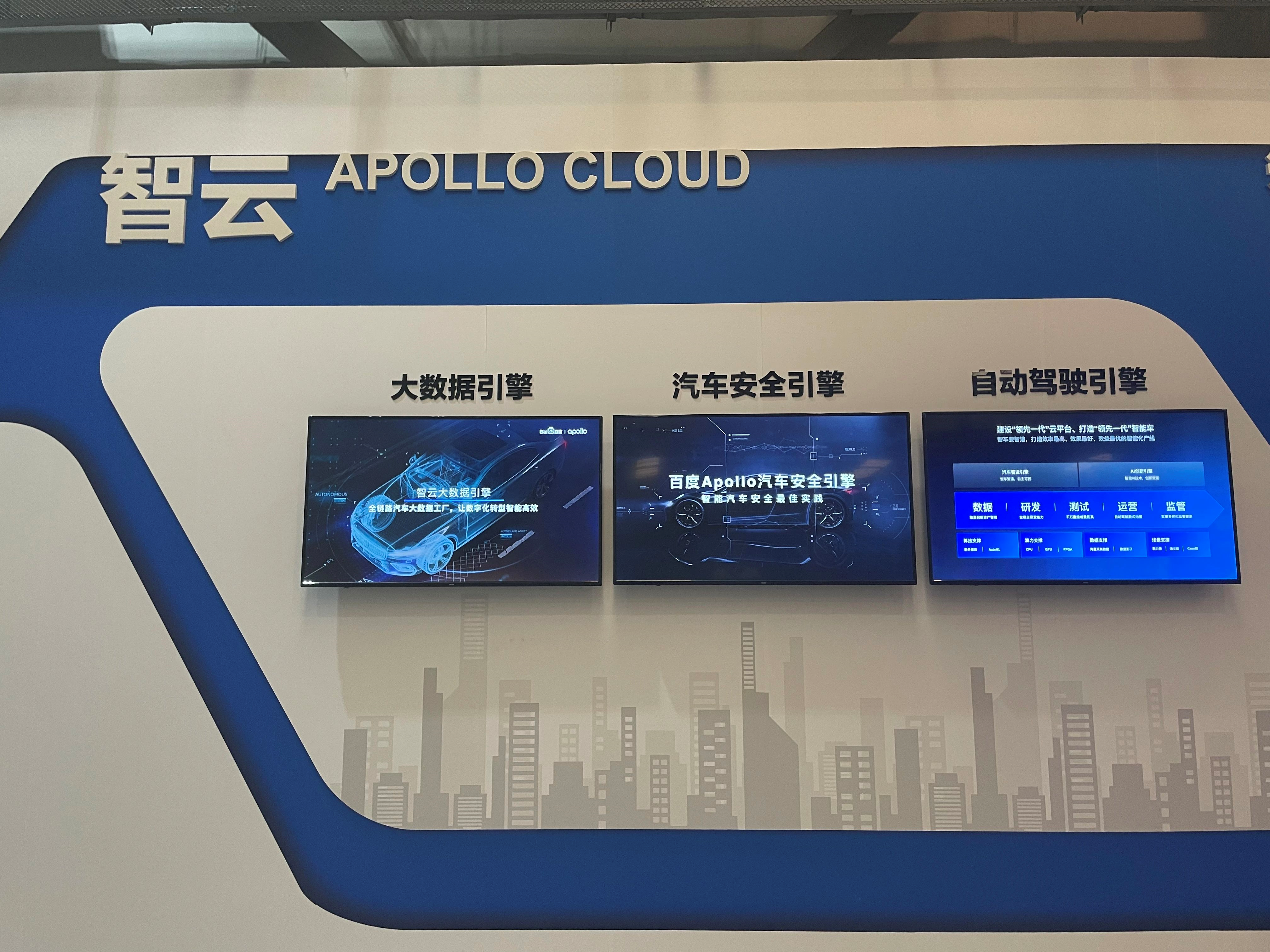
The “Four Intelligences” combine to form the Baidu Apollo’s complete set of intelligent vehicle solutions. Its advantages lie in the accumulation of data accumulated through cooperation with many manufacturers, and the cost:
Over 10 million kilometers of automatic driving road test data and massive city map road data are the core competitiveness of Baidu Apollo.
When the host factory chooses to cooperate with Baidu, in addition to research and development financial costs, it can also greatly shorten the time cost. At the same time, when car companies choose to adopt Baidu Apollo’s solutions, they can flexibly customize their own solutions according to their actual needs.
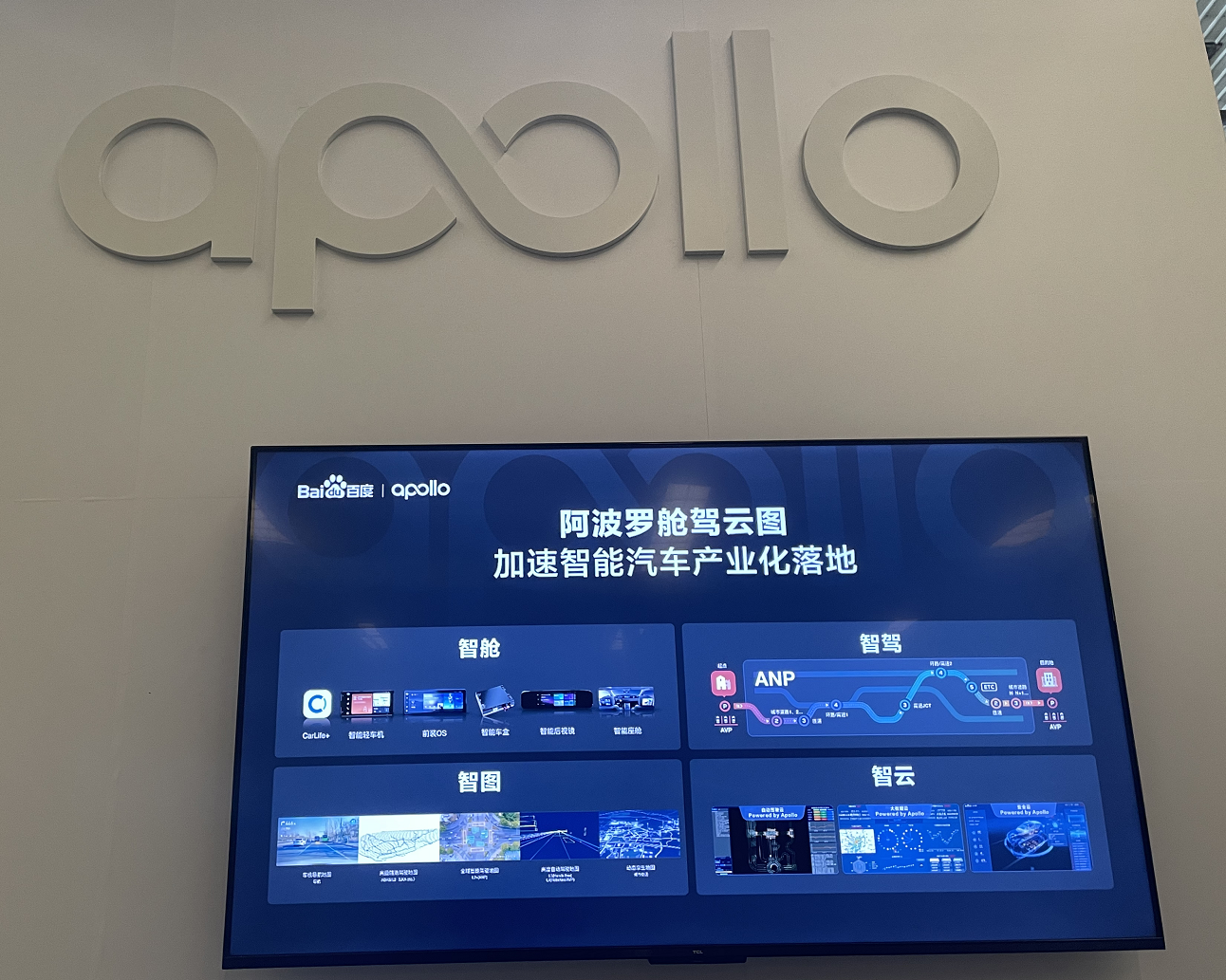
This entire puzzle seems to be very complete and ideal, but in terms of landing efficiency and actual effect, it still appears to be slower than some new force manufacturers’ intelligent innovation. The reason for this is nothing else but the huge communication costs with different host factories and the constraints at the vehicle control authority opening level.Still taking intelligent voice control as an example, in the latest models of new forces such as XPeng P7, it is already possible to realize deeper vehicle control such as driving mode through voice control. However, in the Beijing Hyundai models experienced at the event site, voice control can only control common applications such as air conditioning and windows.

In communication with Baidu engineers on-site, they also frankly stated that these permissions related to driving safety are the most important link that modern host manufacturers value, and it is also the link that is the least likely to be opened up to third-party partners.
When I heard this answer at the time, I naturally thought of a Chinese automaker executive’s remark about “the soul of the car should not be easily handed over to others”, and instantly understood the fundamental reason why Baidu ultimately decided to cooperate with Geely to create its own brand, Jidu Auto.
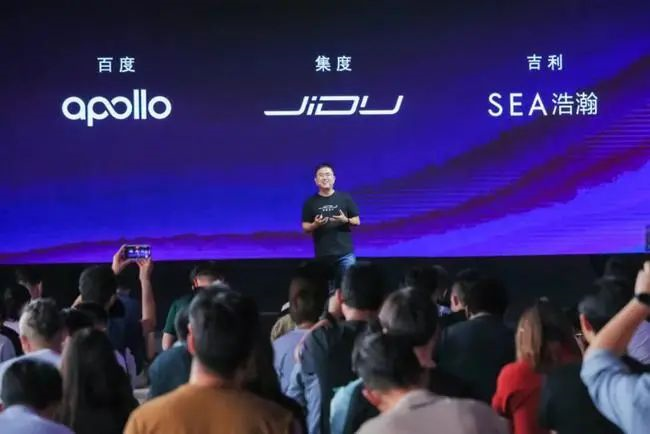
Speaking of something off-topic, Huawei, which repeatedly emphasizes that it does not produce cars and only helps car companies make better cars, will inevitably encounter similar challenges when developing intelligent car solutions. So, will Huawei ultimately produce cars or not?
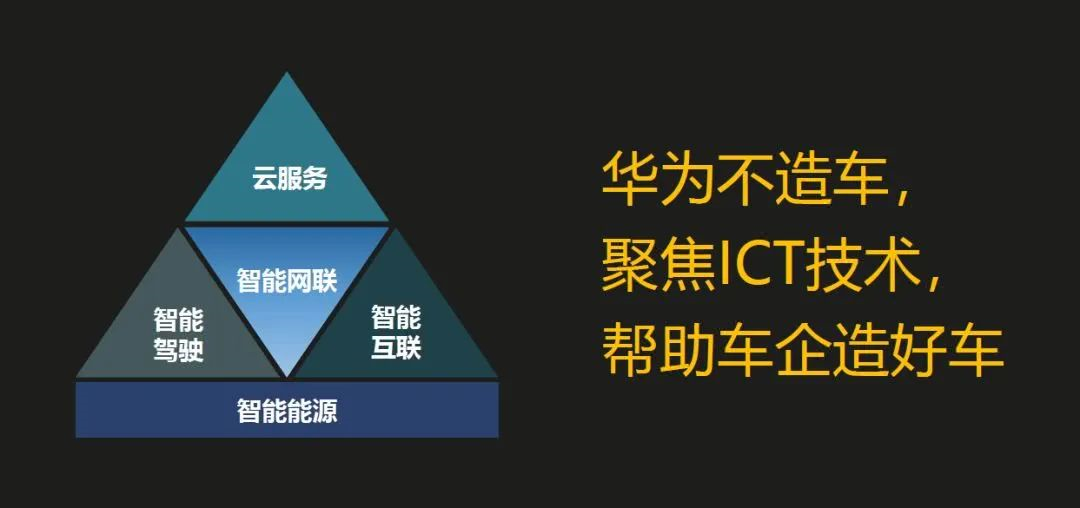
On the other hand, facing the situation where new automakers have established advantages in the field of intelligentization, it is undoubtedly a shortcut for traditional fuel vehicle manufacturers to cooperate with technology companies such as Baidu. However, to make the intelligentization of fuel vehicles as good as that of new energy vehicles, more openness is still needed.
The issue of opening up control permissions mentioned above is like making a mobile phone but not giving WeChat the permissions for voice calling and location sharing. The result is likely to be a product with seemingly comprehensive functions, but the overall user experience is inferior to that of competitors.
As mentioned earlier, as a representative of Korean automakers, Beijing Hyundai’s development in China is not smooth. Since 2017, its sales have shown significant declines every year.
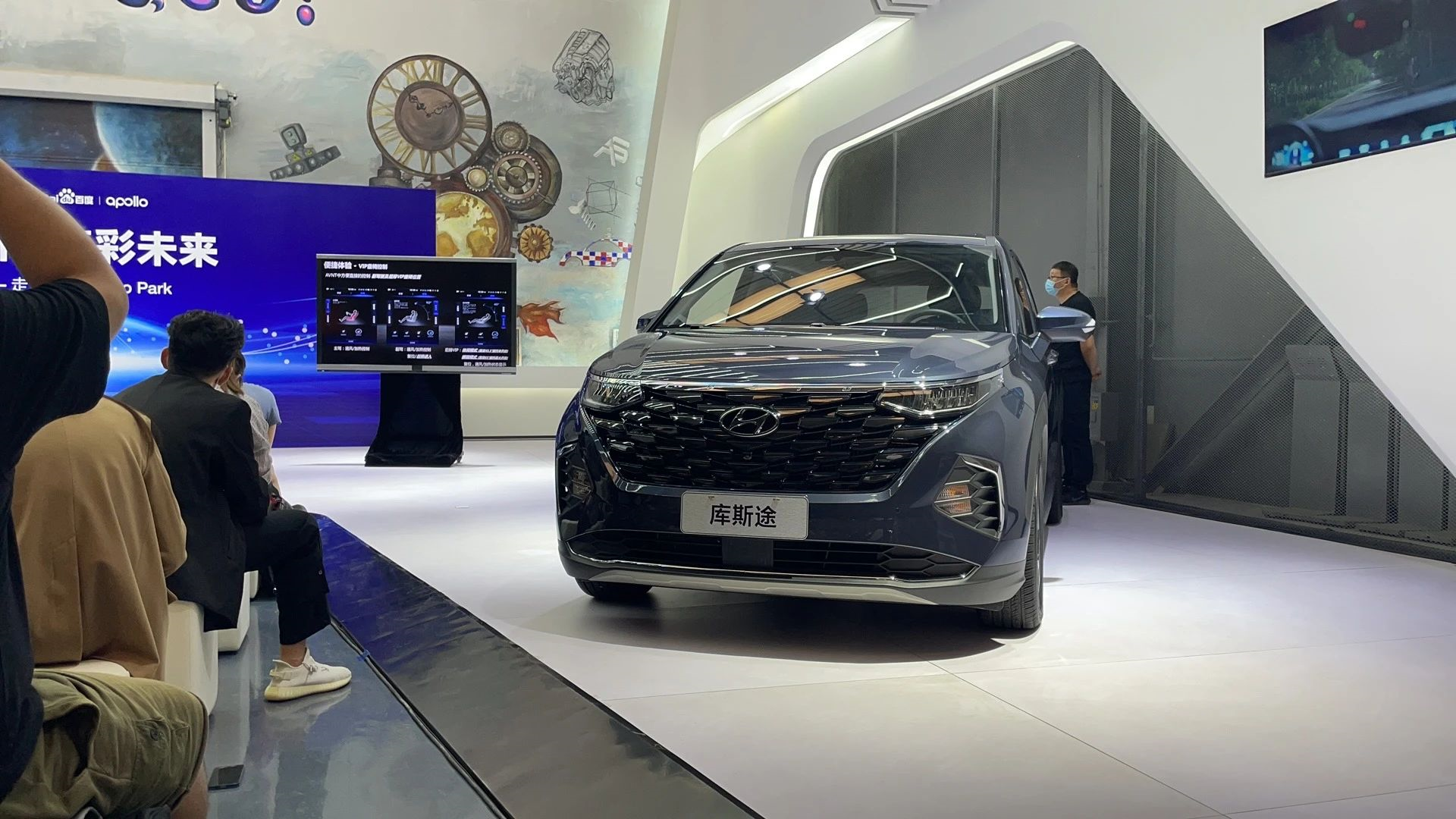
In August just passed, Beijing Hyundai’s sales were 23,754 units, a year-on-year decrease of 40.8%. The cumulative sales from January to August this year are also only about 240,000 units. If they want to achieve their sales target of 560,000 units this year, it can be said to be quite difficult.
There have also been many rumors recently that Beijing Hyundai is selling its factories, and the potential buyers in the rumors are none other than Ideal and Xiaomi.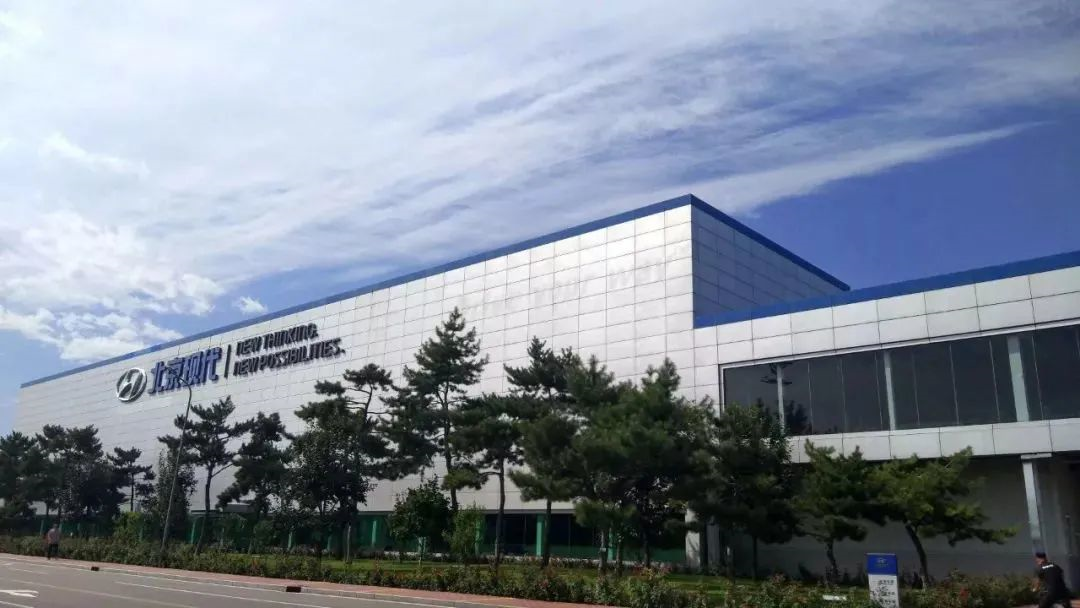
Under the pressure of real-world development, Beijing Hyundai released the HSMART+ strategy in 2019, aiming to provide consumers with a more environmentally friendly, intelligent, and efficient travel experience through the three major fields of “Intelligence + Environmental Protection, Intelligence + Interconnection, and Intelligence + Freedom”. The focus of the “Intelligence + Interconnection” field obviously corresponds to the third-generation intelligent network connection system.
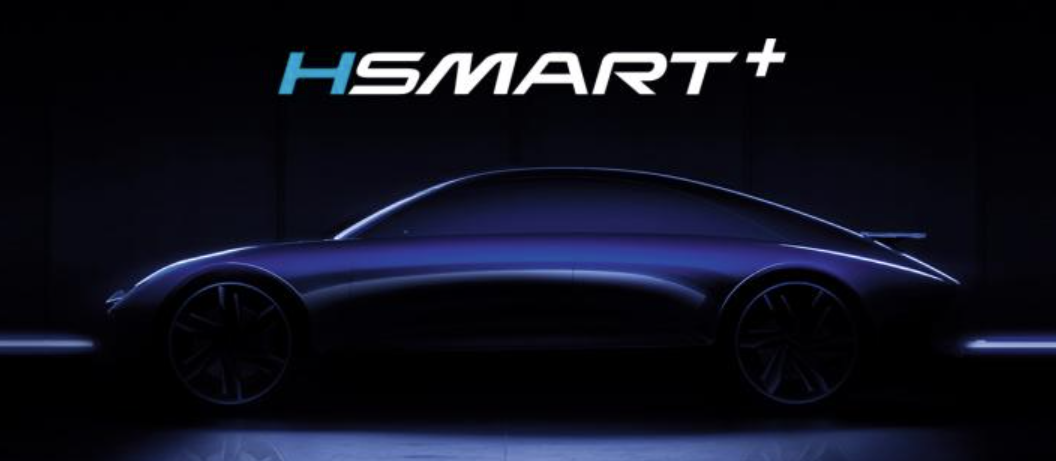
In practical experience, while it is great that fuel vehicles have become intelligent, to become more intelligent and user-friendly, more openness is needed.
Conclusion
To be honest, from a personal perspective, I have always felt a bit regretful about the recent difficulties in the development of Korean cars in China. After experiencing several new Beijing Hyundai vehicles, I have deep impressions of their space and riding quality. It cannot be said that the competitiveness of the products themselves is inadequate.
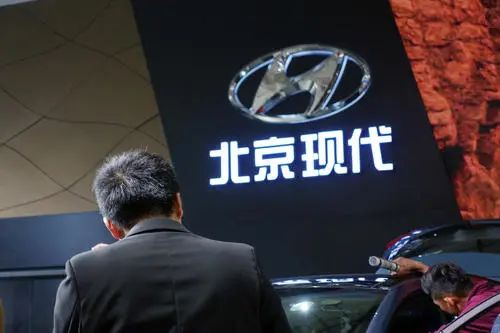
After experiencing the third-generation intelligent network connection system of Beijing Hyundai, I was even more surprised to discover that the traditional and conservative fuel vehicles had also begun to take steps towards intelligent evolution.
So, what kind of fruits will the cooperation between Baidu and Beijing Hyundai bear in the future? Can the intelligent experience of fuel vehicles catch up with the electric products under the more advanced new forces of today? Let time give us the answer.
This article is a translation by ChatGPT of a Chinese report from 42HOW. If you have any questions about it, please email bd@42how.com.
